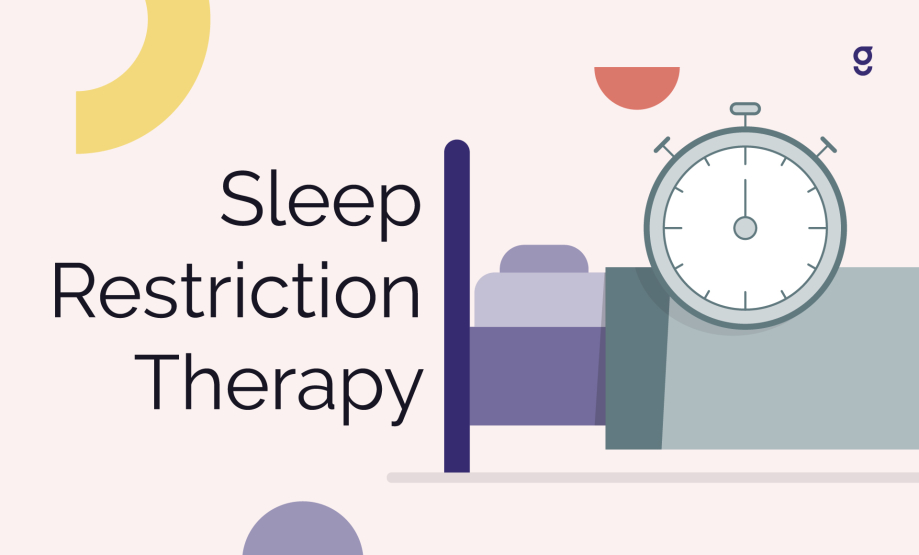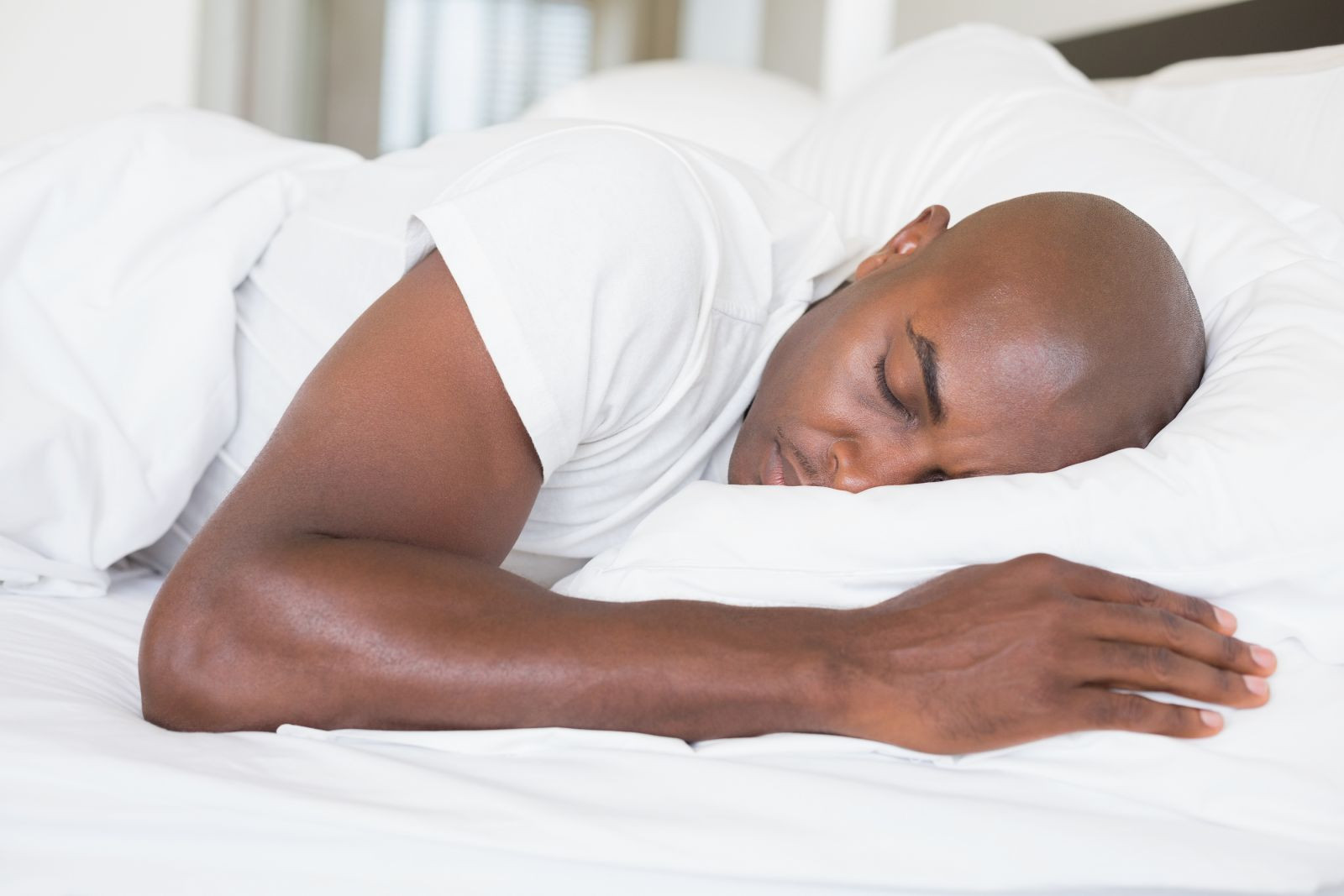Efficient Insomnia Therapy - Reclaim Your Restful Nights
Reliable Therapy Solutions for Managing Sleep Disorders and Enhancing Relaxed Rest
In the realm of medical care, the administration of sleep conditions and the pursuit for restful sleep are pivotal elements of total health. As we navigate the complex landscape of rest problems and seek to improve our rest experience, a much deeper understanding of these therapy solutions might hold the secret to opening a much more refreshing and meeting corrective journey.
Cognitive Behavior Modification for Sleeplessness (CBT-I)
Cognitive Behavior Treatment for Sleeping Disorders (CBT-I) is a structured, evidence-based therapy approach that concentrates on dealing with the underlying aspects adding to rest disruptions. This type of treatment intends to modify habits and ideas that worsen sleeping disorders, inevitably advertising healthy sleep patterns. CBT-I usually includes numerous key components, including cognitive treatment, rest constraint, stimulation control, and rest hygiene education and learning.
Cognitive treatment assists individuals determine and alter adverse thought patterns and beliefs regarding sleep that may be impeding their capability to fall or stay asleep. Sleep limitation includes limiting the amount of time spent in bed to match the individual's real rest period, therefore raising rest effectiveness (insomnia specialist). Stimulus control methods help develop a strong association between the bed and rest by urging people to visit bed only when sleepy and to avoid taking part in boosting activities in bed
Furthermore, sleep hygiene education concentrates on developing healthy and balanced sleep practices, such as maintaining a regular rest schedule, developing a relaxing going to bed routine, and maximizing the rest atmosphere. By attending to these elements adequately, CBT-I provides an efficient non-pharmacological intervention for taking care of sleep problems and boosting general rest quality.
Rest Hygiene Practices
Having developed the structure of cognitive restructuring and behavior modifications in resolving sleep problems via Cognitive Behavior modification for Sleep Problems (CBT-I), the focus now shifts in the direction of exploring crucial Sleep Hygiene Practices for keeping optimal rest high quality and total well-being.
Sleep hygiene techniques encompass a series of practices and environmental aspects that can considerably affect one's capability to sleep and stay asleep throughout the night. Consistent rest and wake times, developing a relaxing bedtime routine, and maximizing the sleep atmosphere by maintaining it dark, silent, and cool are critical elements of good sleep hygiene. Limiting direct exposure to displays prior to bedtime, avoiding stimulants like caffeine near to going to bed, and involving in regular exercise throughout the day can additionally advertise better rest top quality.
Additionally, exercising leisure strategies such as deep breathing workouts or reflection before bed can help calm the mind and prepare the body for sleep. By incorporating these rest hygiene practices into one's day-to-day regimen, individuals can establish a healthy rest pattern that sustains restful sleep and total wellness.
Leisure Methods and Mindfulness
Applying relaxation methods and mindfulness techniques can play a critical duty in promoting a feeling of calm and promoting top quality sleep. Furthermore, directed images can help carry individuals to a peaceful location in their minds, helping in stress decrease and improving sleep top quality.
By incorporating these techniques into a bedtime regimen, people can signify to their bodies that it is time to unwind and prepare for sleep. Overall, integrating relaxation techniques and mindfulness practices can considerably contribute to handling sleep disorders and boosting overall sleep top quality.

Medication Options for Rest Disorders
After checking out leisure strategies and mindfulness practices as non-pharmacological treatments for improving sleep high quality, it is necessary to take into consideration medication options for individuals with rest problems. In cases where way of life adjustments and therapy do not give adequate relief, medication can be a beneficial tool in handling rest disruptions.
Commonly recommended medications for sleep disorders include benzodiazepines, non-benzodiazepine hypnotics, antidepressants, and melatonin receptor agonists. Benzodiazepines, such as diazepam, are sedatives that can help generate sleep, but they are commonly suggested for short-term use due to the risk of dependence. Non-benzodiazepine hypnotics like zolpidem are also used to deal with insomnia and have a lower threat of dependancy contrasted to benzodiazepines. Antidepressants, such as trazodone, can be helpful for people with co-occurring clinical depression and rest disruptions. Melatonin receptor agonists, like ramelteon, target the body's all-natural sleep-wake cycle and can be handy for managing rest patterns.
It is crucial for people to speak with a doctor to establish one of find out the most ideal medication choice based on their details sleep disorder and case history.
Light Treatment for Circadian Rhythm Guideline
Light therapy, additionally understood as phototherapy, is a non-invasive therapy method used to manage circadian rhythms and improve sleep-wake cycles. This treatment includes direct exposure to brilliant light that imitates natural sunshine, which assists to reset the body's body clock. By subjecting people to specific wavelengths of light, usually in the morning or evening relying on the desired impact, light treatment can my website effectively change the body clock to promote wakefulness throughout the day and improve peaceful rest during the night.
Study has shown that light therapy can be specifically useful for people with circadian rhythm problems, such as postponed sleep stage disorder or jet lag. It can also be helpful for those experiencing seasonal affective condition (SAD), a sort of anxiety that generally takes place throughout the winter months when all-natural light exposure is decreased. Light treatment is usually well-tolerated and can be used combined with various other treatment approaches for sleep problems to optimize outcomes and improve overall sleep top quality.
Verdict
In verdict, efficient therapy services for handling rest disorders and enhancing restful sleep include Cognitive Behavior modification for Insomnia (CBT-I), sleep health methods, leisure strategies and mindfulness, drug choices, and light treatment for circadian rhythm regulation. These techniques can help individuals boost their sleep quality and overall well-being. It is vital to talk to a doctor to establish the most appropriate technique for resolving sleep concerns.
As we browse the elaborate landscape of sleep conditions and seek to enhance our rest experience, a deeper understanding of these treatment options may hold the key to opening a much more relaxing and meeting restorative journey.
Rest limitation involves limiting the sleep apnea insomnia amount of time invested in bed to match the person's actual rest duration, thus enhancing sleep performance. Consistent rest and wake times, producing a relaxing bedtime regimen, and enhancing the sleep setting by keeping it dark, quiet, and cool are important elements of good rest hygiene. Light therapy is normally well-tolerated and can be used in combination with other treatment techniques for rest disorders to maximize end results and enhance overall sleep top quality.
